If the current surge in investments in the carbon market is showing us anything, it’s that what’s good for the planet is also good for business.
The value of carbon offsetting can add to your business strategy and pay dividends of its own. Links between ESG principles and share market performance have proven to be far more than incidental, with one study by Nordea Equity Group finding that companies with the highest Environmental Social Governance (ESG) ratings outperform those with the lowest ratings by up to 40%. The push for greater adherence to ESG principles is truly universal—observable across government and private sectors both nationally and internationally—and there are even more ways to leverage the benefits of carbon offset investments.
The purchasing of carbon offsets generally sits within a bigger picture for companies wanting to reduce their emissions. Because the carbon market is driven by supply and demand fundamentals, the value of an Australian Carbon Credit Unit (ACCU) increases as demand increases—creating a lucrative secondary market for ACCUs. And the future of that market appears exceptionally healthy as corporates seek to meet their net zero targets, ESG commitments, and develop carbon neutral products.
Governmental guidance and the social climate surrounding offsetting helped create the conditions for the market’s current growth trend, but the private sector is now the industry’s key driver. According to the Energy and Climate Intelligence Unit (ECIU), one fifth of the world’s 2000 largest companies are already committed to net zero targets and with demand increasing, research predicts ACCU values will double by 2030. The Clean Energy Regulator (CER) is seeking to facilitate secondary market liquidity by developing an exchange traded market over time. Except for big polluters who must surrender a portion of their purchased ACCUs to comply with regulation, most companies are free to invest in impactful projects while the value of their credits accrues.
Emission reduction measures are challenging. Practically speaking, a company’s offset program is how they choose to offset the emissions in their value chains that they can’t yet reduce, and importantly, what projects they choose to invest in by doing so. But making social capital really work for business requires more thought about the carbon solutions being invested in, because not all carbon-offset projects are created equal.
While some overseas forestry and energy projects are popular for companies rushing to buy in big and meet their net-zero targets, they don’t always possess the same degree of long-term financial durability or social, cultural and environmental co-benefits offered by more considered projects. In addition, there are significant brand reputation risks associated with inappropriate project selection.
GreenCollar’s own nature-based portfolio houses a range of regenerative agriculture projects, stacked with a diversity of benefits beyond carbon capture—from land regeneration to river and reef health, and habitat protection. Importantly, these projects are carried out on-farm and on Country by farmers, land managers and indigenous custodians that are invested in the land and can see the benefits of their work flowing directly back to local farms and local communities.
But differentiating quality in carbon offsetting projects isn’t just of ethical import, it’s strategically essential—and becoming more so as the Australian carbon industry develops. ESG considerations, are taking up an ever-increasing amount of real estate in annual reports because a company’s brand reputation is commensurate with their market performance. Aligning the brand with impactful, financially robust projects delivers a more authentic and comprehensive brand as well as stories that are shareable and resonate with customers and investors. And for companies wanting to invest in the secondary ACCU market, it guarantees the ongoing viability of their investment.
The road ahead is promising, and companies wishing to create a long-term strategy around investment in the carbon market stand to profit financially and enhance their customer brand differentiation. But as with any investment, investing in the right, high quality, high integrity projects is paramount in the delivery of long-term value.
Neil Hereford is an entrepreneurial executive and global finance expert with over 20 years’ experience and is Chief Investment Officer for GreenCollar. As Head of Carbon Solutions and Global Environmental Markets for CBA, Neil originated and monetised over $20 billion of carbon allowances and delivered over $200 million in global carbon revenue in under five years.







